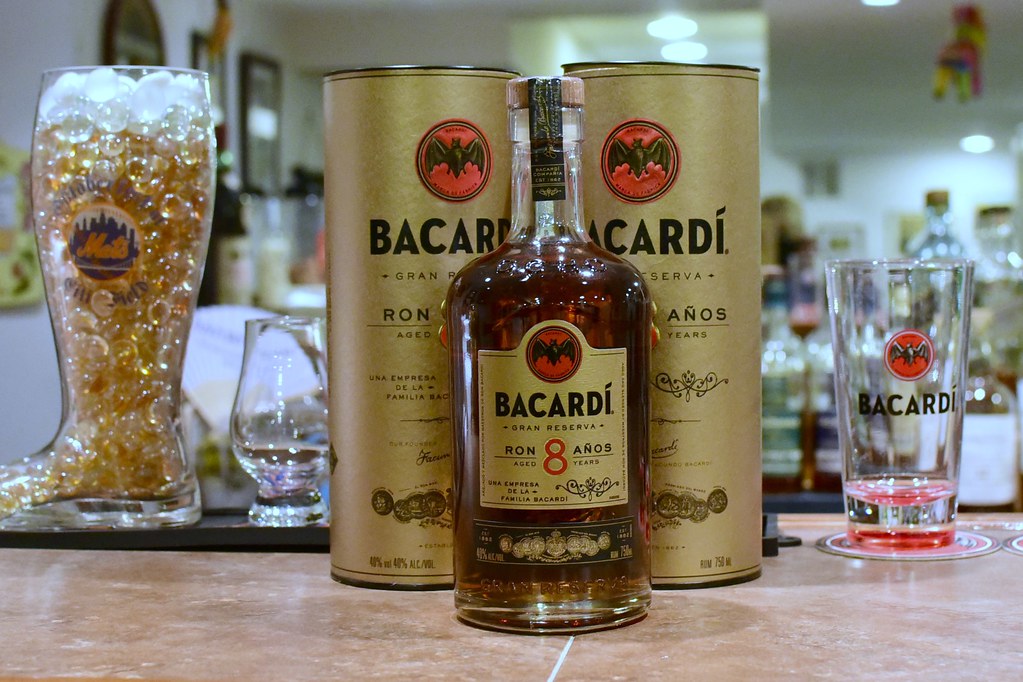As consumers become more aware of greenwashing, they’re increasingly calling for genuine, practical steps toward sustainability in the industry. Rather than flashy, short-lived campaigns, people are now prioritizing small, actionable changes that both individuals and brands can realistically adopt.
The 2025 Bacardi Cocktail Trends Report underlines this shift with insights from both consumers and bartenders. In countries like France and Germany, buyers highlighted the importance of choosing locally produced goods and cutting down on single-use packaging when selecting spirits. Meanwhile, in Mexico and Spain, nearly a third of consumers (29% and 24% respectively) expressed a willingness to pay extra for cocktails crafted with locally sourced ingredients.
Sustainability is also a major topic within the industry itself. According to the Bacardi Global Brand Ambassador Survey, 79% of participants identified sustainability as a top concern. They also emphasized the importance of backing local businesses (69%) and reducing single-use plastic (68%) as key goals for 2025.
Paving the way forward, Bacardi has pioneered the first commercial production of a glass spirits bottle using hydrogen as a primary fuel source. In collaboration with premium glassmaker Hrastnik1860, the brand utilized innovative furnace technology to significantly lower greenhouse gas emissions associated with traditional glass production. This groundbreaking process was tested on the iconic ST-GERMAIN elderflower liqueur bottle, which remained visually identical to its conventionally produced counterpart.
Consumers are also showing a strong preference for clean-label spirits. There’s growing demand for quality beverages made with minimal processing—61% of global consumers say they’d opt for spirits free from additives. This preference is even stronger in countries like India (77%), Italy (75%), and Spain (72%), as reported in the Bacardi Global Consumer Survey.
The 2025 Bacardi Cocktail Trends Report underlines this shift with insights from both consumers and bartenders. In countries like France and Germany, buyers highlighted the importance of choosing locally produced goods and cutting down on single-use packaging when selecting spirits. Meanwhile, in Mexico and Spain, nearly a third of consumers (29% and 24% respectively) expressed a willingness to pay extra for cocktails crafted with locally sourced ingredients.
Sustainability is also a major topic within the industry itself. According to the Bacardi Global Brand Ambassador Survey, 79% of participants identified sustainability as a top concern. They also emphasized the importance of backing local businesses (69%) and reducing single-use plastic (68%) as key goals for 2025.
Paving the way forward, Bacardi has pioneered the first commercial production of a glass spirits bottle using hydrogen as a primary fuel source. In collaboration with premium glassmaker Hrastnik1860, the brand utilized innovative furnace technology to significantly lower greenhouse gas emissions associated with traditional glass production. This groundbreaking process was tested on the iconic ST-GERMAIN elderflower liqueur bottle, which remained visually identical to its conventionally produced counterpart.
Consumers are also showing a strong preference for clean-label spirits. There’s growing demand for quality beverages made with minimal processing—61% of global consumers say they’d opt for spirits free from additives. This preference is even stronger in countries like India (77%), Italy (75%), and Spain (72%), as reported in the Bacardi Global Consumer Survey.


 Sustainable Spirits Trends 2025: Local Sourcing & Eco Packaging Lead the Way
Sustainable Spirits Trends 2025: Local Sourcing & Eco Packaging Lead the Way





 Companies
Companies